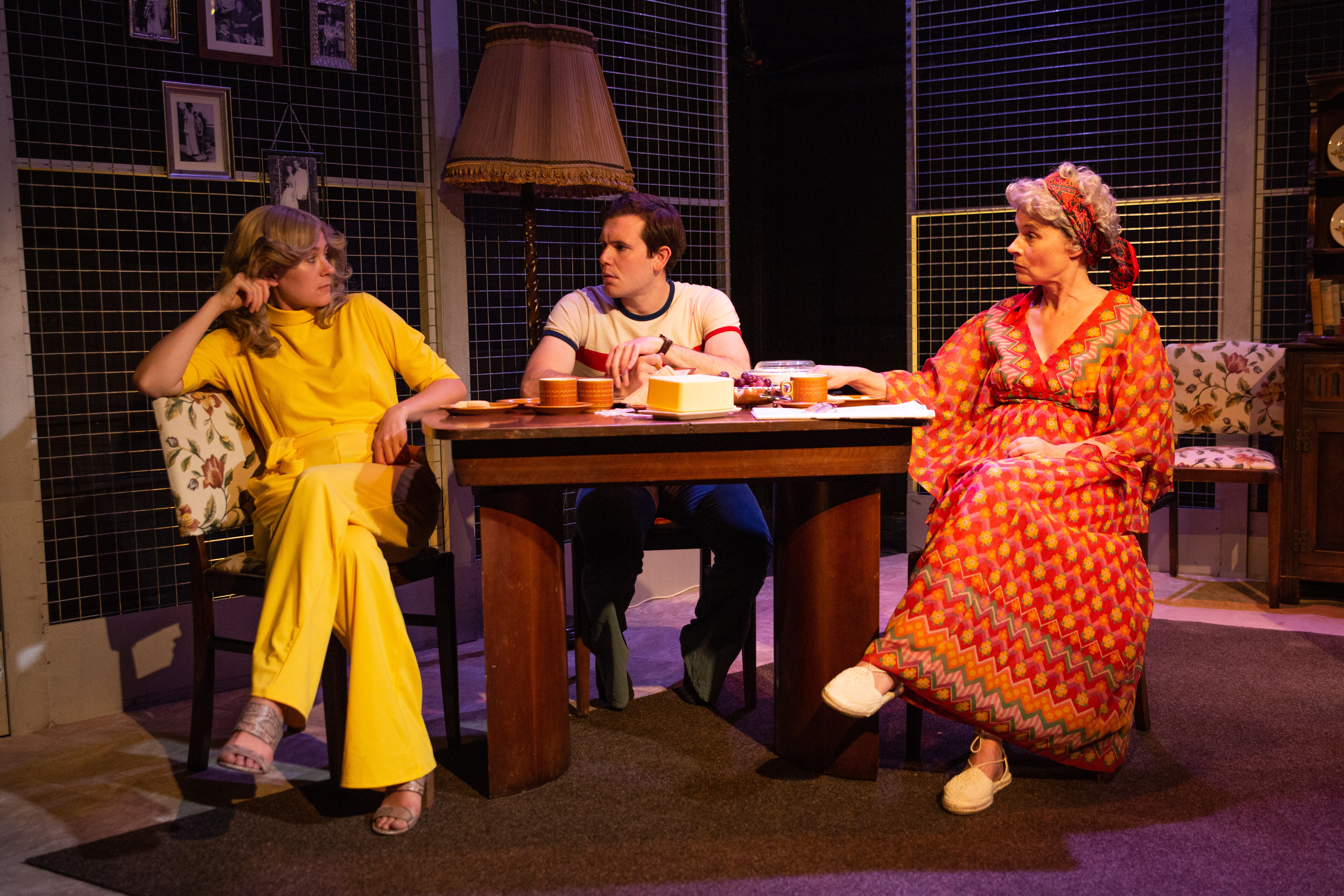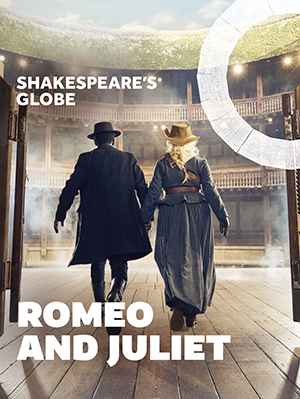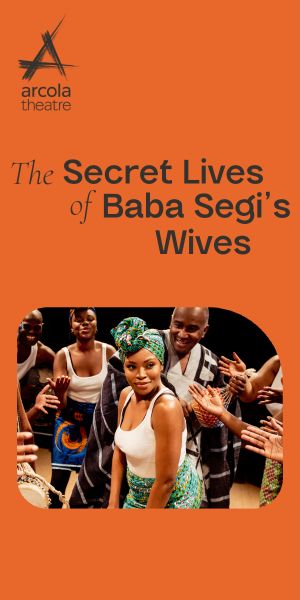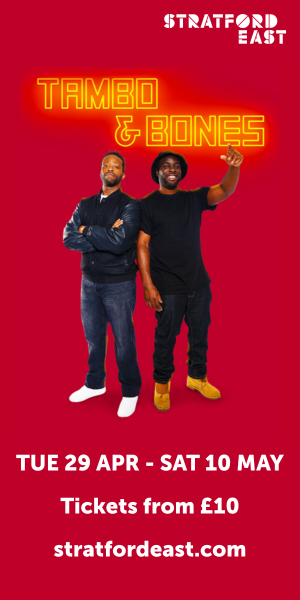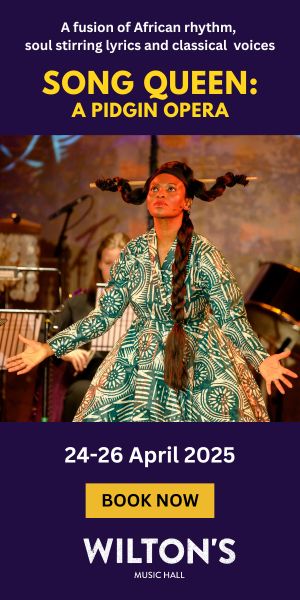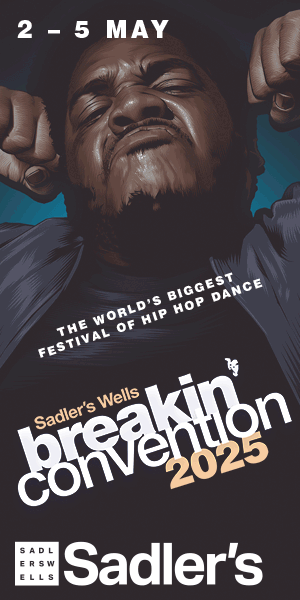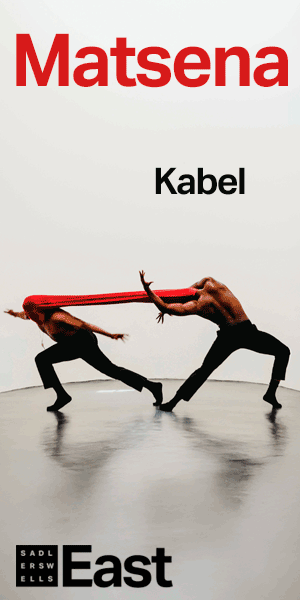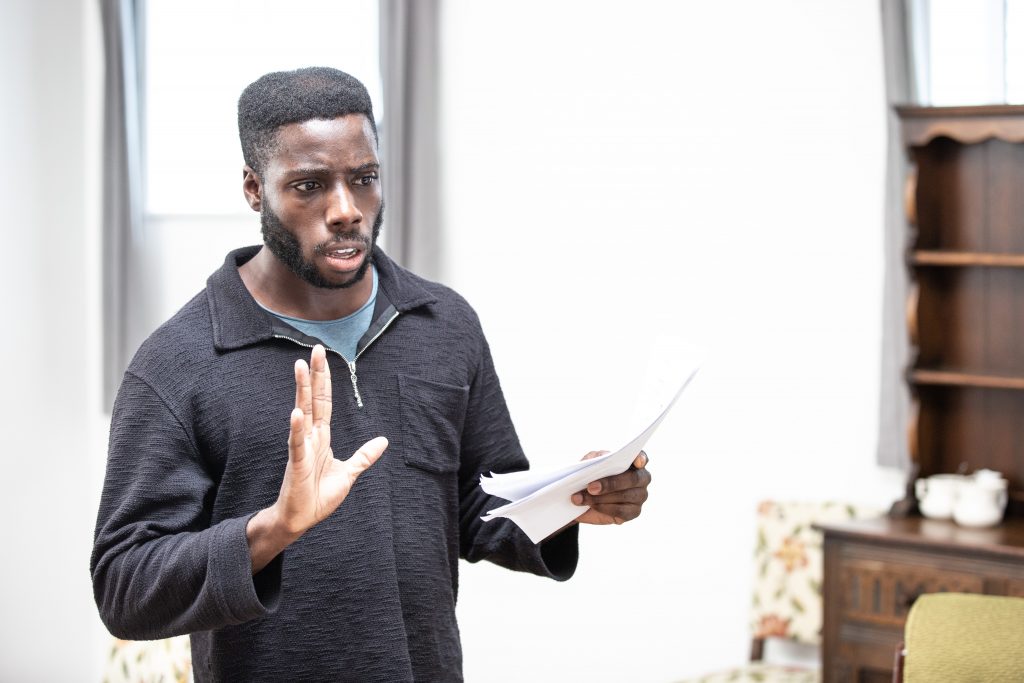
Joe Rowe plays George in My One True Friend by Alexander Matthews currently on at the Tristan Bates Theatre. The backdrop is Rhodesia. 1970. Here, we discuss the importance of tackling uncomfortable issues via the medium of theatre.
Joseph, you play the character of George who is visiting his grandfather in Rhodesia. What was it like to be a part of a story that focuses so heavily on the racial and social discrimination that many faced in Rhodesia at the time?
The unrecognised state of Rhodesia existed before I was born so research into the play was very educational and at times difficult to fathom – it’s hard to believe that it wasn’t that long ago. I’m glad to be part of a piece of theatre that looks at such a hard time of black South African history and I take pride in playing a character who speaks out against the injustices of that time.
I’m glad to be part of a piece of theatre that looks at such a hard time of black South African history and I take pride in playing a character who speaks out against the injustices of that time.
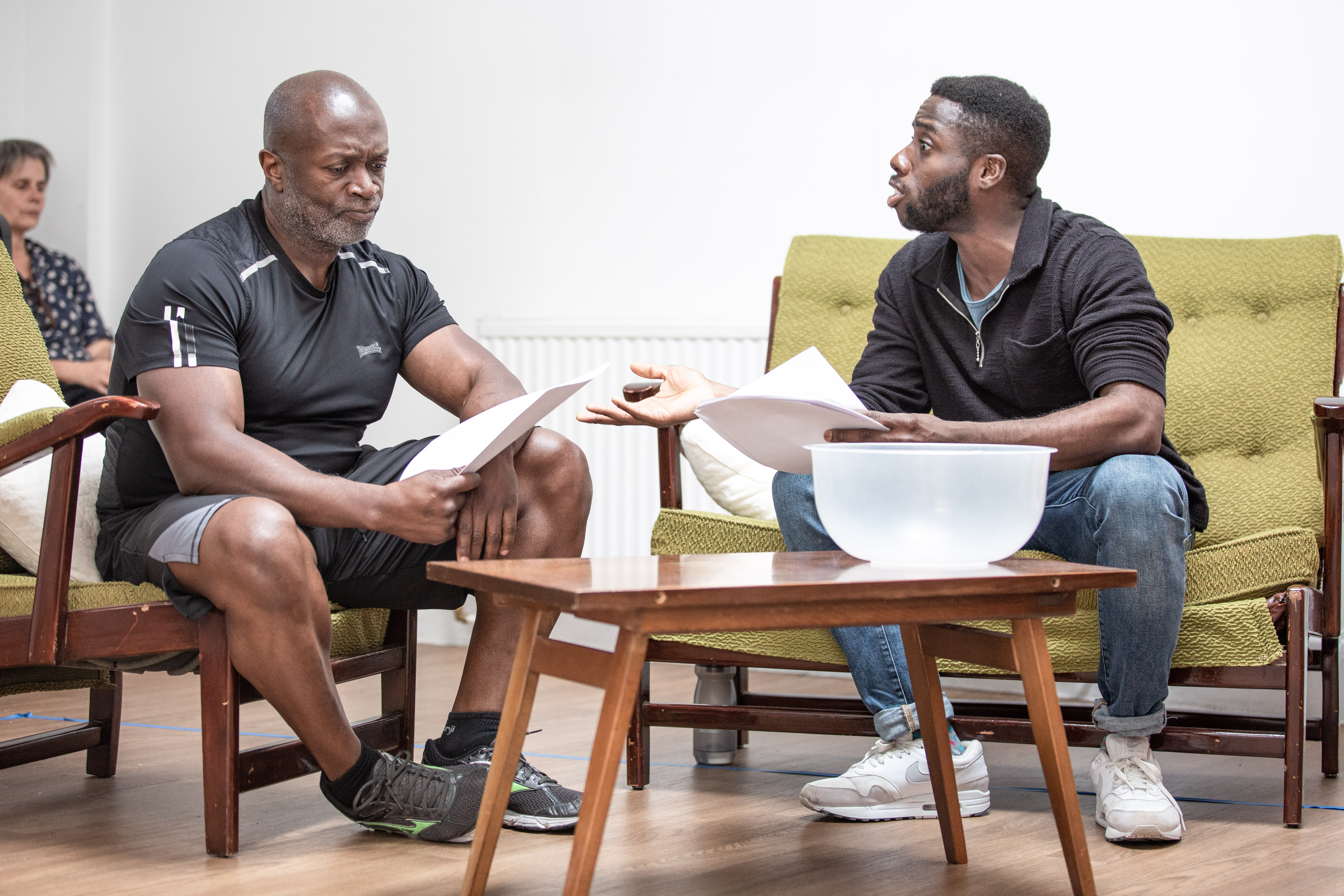
Your character George lives in Washington D.C, how different would you say the racial tension was in Rhodesia compared to the USA?
Massively different. This was post-civil rights movement in USA and African Americans were making huge progress in business and politics. There was still a long way to go but our voices were beginning to be heard. Despite racial tensions there would have been hope in the black community, which I think my character George symbolises.In comparison, Rhodesia is post Bush War which was essentially a race war. The country is governed by rich white minority, there is segregation and oppression of the blacks, political and civil unrest, guerrilla warfare. Racial tension thrived with fear on both sides.
Throughout the play we see your character George debate with his grandfather (Kapenie) about his loyalty to his employer (Lady L), causing tension between their own relationship. Why was Kapenie determined to remain loyal to Lady L?
I think his decision to remain loyal is combination of several things. A sense of loyalty and duty built over many years in service, married with a understandable deep rooted view of Africa being his home. Finally, I’d argue his decision to remain is ultimately fear of change or a fear of the unknown.
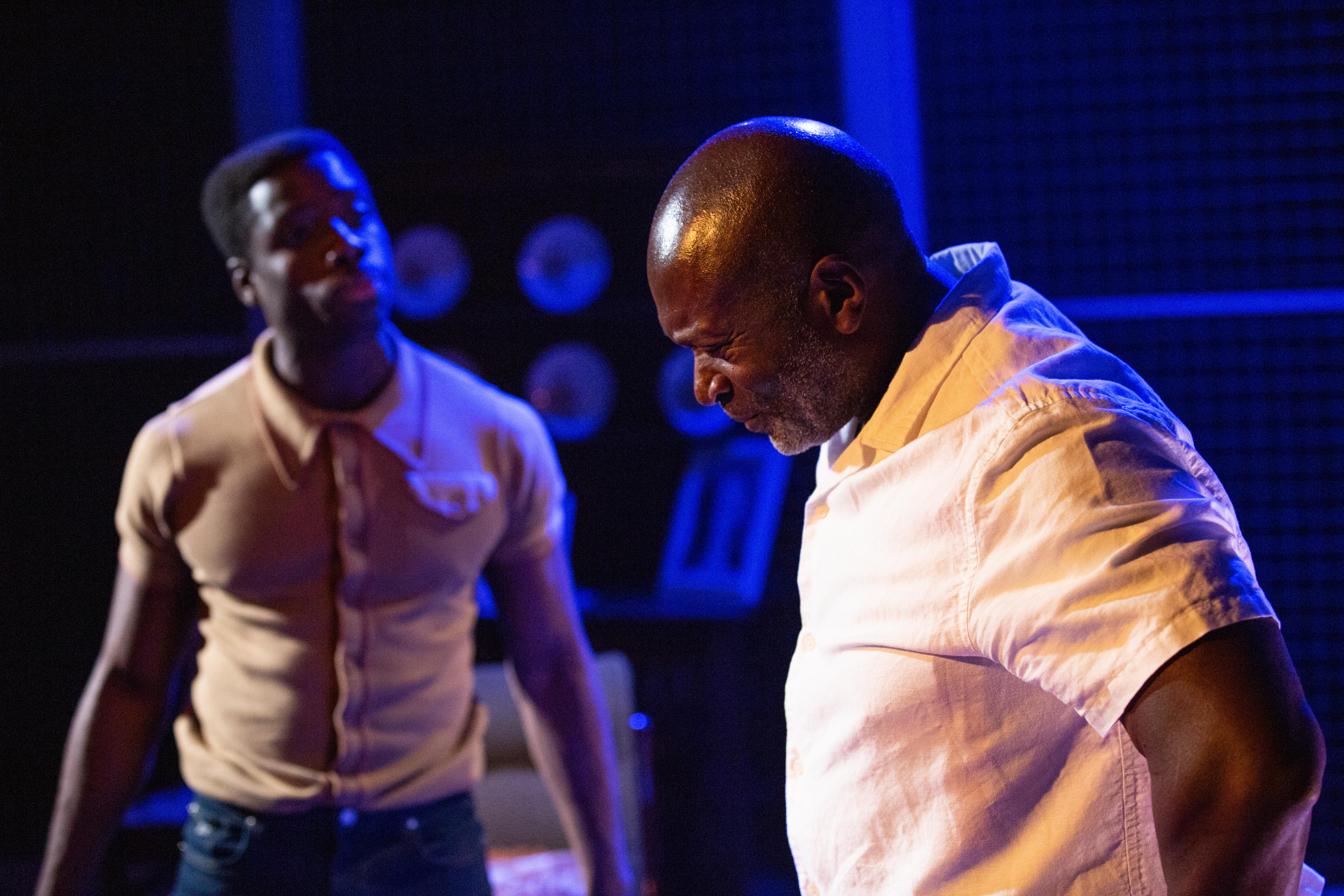
How important do you think it is to have plays performed in the UK that focus on racism all over the world?
Racism exists in many shapes and forms worldwide, both conscious and unconscious. Plays such as this heighten awareness and keep important conversations going around race and inequality, whether past present, home or abroad.
Plays such as this heighten awareness and keep important conversations going around race and inequality, whether past present, home or abroad.
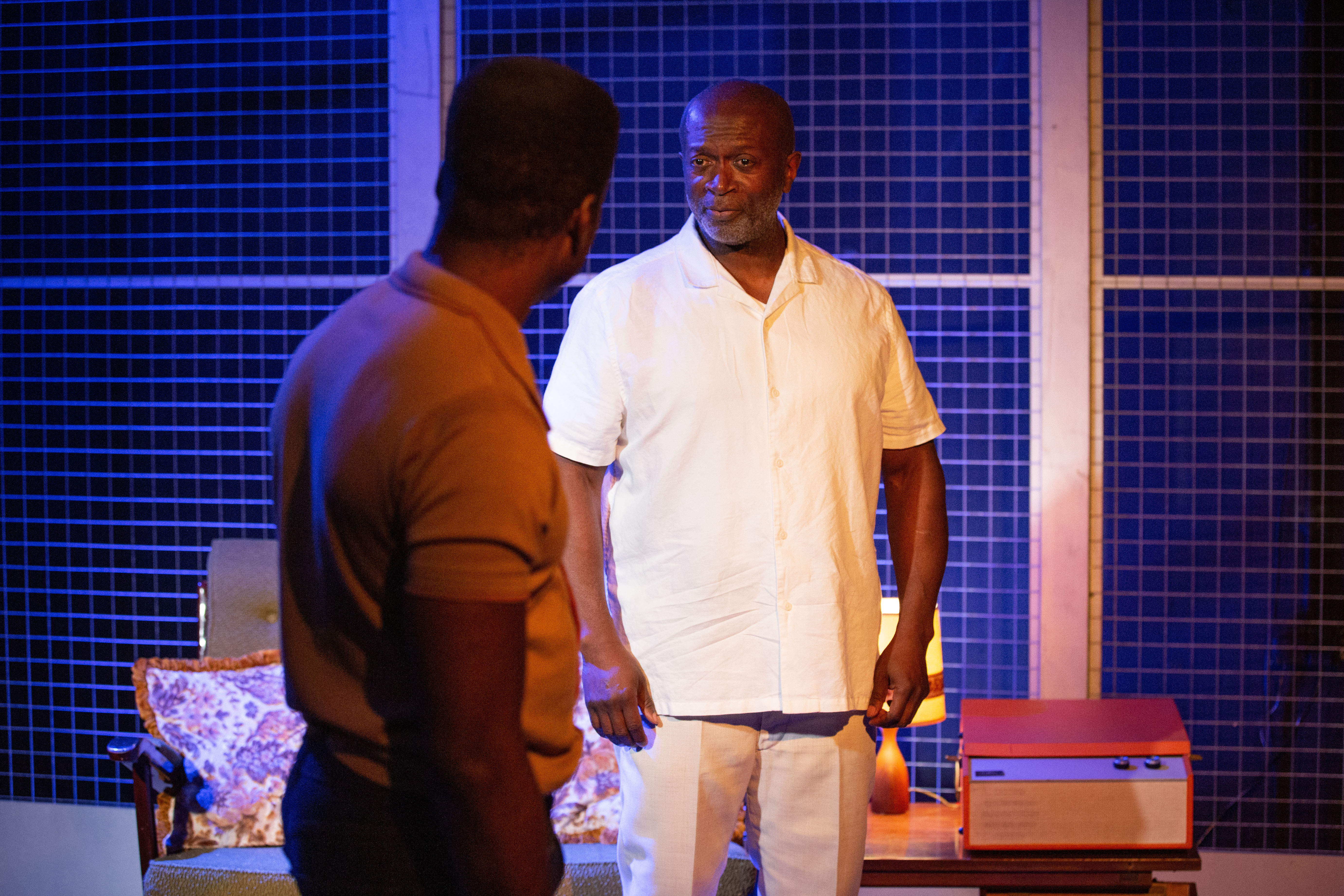
If you could be any character in the play who would you be and why?
I’d have to say George, naturally I’ve become attached to him. Also, out of all the characters in the play his views are closest to my own.
What has been your highlight so far on the set of this play?
Working with talented and intelligent people. And we’ve laughed a lot!
